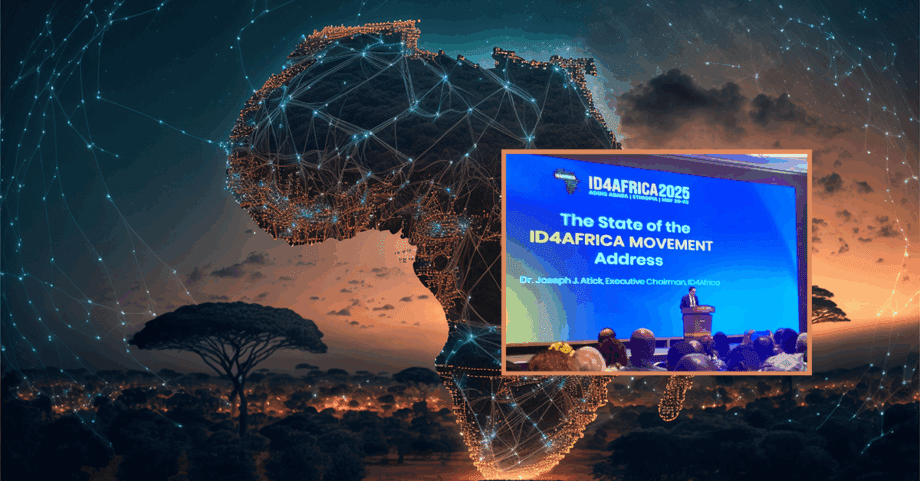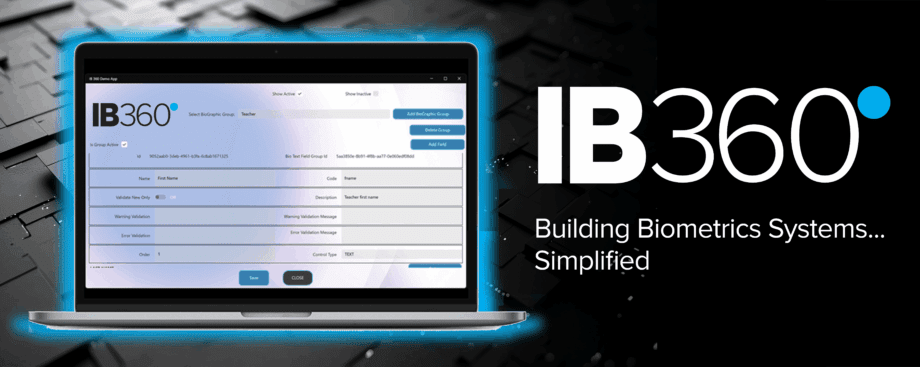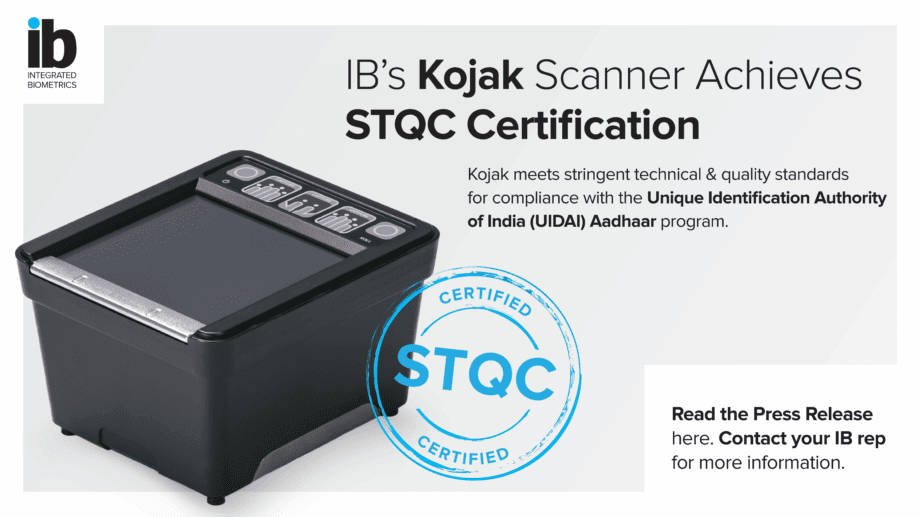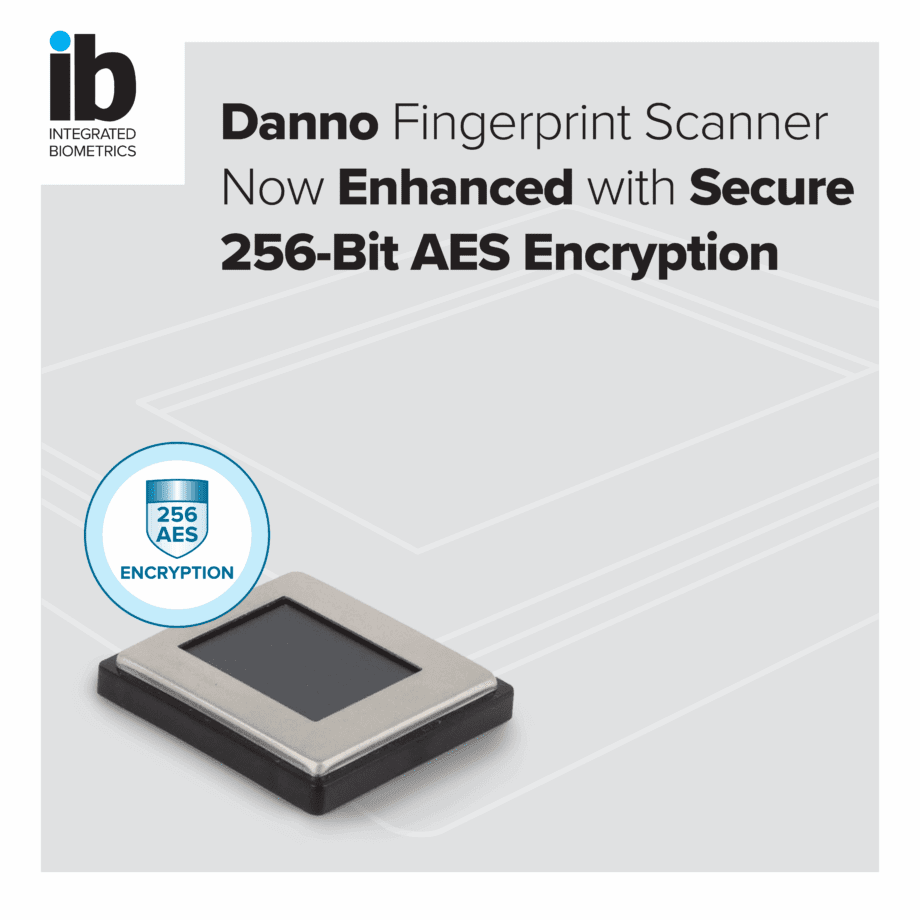Download the Article here.
With the successful 2025 ID4Africa Annual General Meeting (AGM) in the books, it is crucial to acknowledge how a movement that welcomes over 2,200 identity stakeholders at its AGM has evolved, redefining the digital identity landscape through a bottom-up, community-focused governance model. Rather than imposing top-down directives, ID4Africa empowers African governments, allowing them to design identity initiatives that are not only relevant but also sustainable.
Dr. Joseph Atick, a pioneer in biometric technology and identity management, and co-founder of ID4Africa, shared insights into the movement’s origins and future direction in an interview with Integrated Biometrics. He highlighted how ID4Africa has evolved into a powerful, locally driven platform advancing responsible adoption of digital identity for development in Africa.
A Journey from Convenience to Development
Dr. Atick’s path to founding ID4Africa began during his time as a researcher in mathematical physics at Princeton’s Institute for Advanced Study, where he found himself at the forefront of a new frontier: biometric technology. It was a time, he recalls, when “machines could now recognize people.” Initially, his work explored the use of biometrics for convenience—automating processes like airport boarding and banking.
However, the events of 9/11 marked a turning point. The industry’s focus shifted sharply toward national security, but Dr. Atick saw a different, deeper potential. “I believed that identity was a very important pillar in the development agenda,” he explained, emphasizing how digital identity could combat fraud and unlock access to vital government services.
With that conviction, and after playing a key role in helping India’s Aadhaar program adopt multi-modal biometrics at scale, Dr. Atick turned his attention to a vast and underserved region—Africa—where the majority still lacked formal proof of identity. This realization laid the foundation for what would become ID4Africa: a movement committed to empowering individuals through inclusive, digital identity systems.
The Birth of ID4Africa
Dr. Atick first persuaded the World Bank to recognize identity as a cornerstone of its development agenda, sparking major initiatives in digital ID around the globe. (In 2015, these efforts were formally coordinated under the World Bank’s ID4D program.) He realized, however, that Africa needed a more agile, locally attuned approach to accelerate adoption across the continent.
That insight led to the creation of ID4Africa in 2014 (first AGM held in 2015)—a nimble, grassroots movement designed to respond directly to the evolving realities of African nations. “Agency had to rest in Africa, and the priority had to be set by an African governance board,” Dr. Atick explains.
Today, ID4Africa includes 48 African countries as member states, each represented by government officials who serve as ID4Africa ambassadors for their respective countries. This inclusive governance model ensures that the movement stays closely aligned with the real-world challenges and priorities of African nations, rather than promoting a one-size-fits-all approach.
The Power of Digital Identity in Development
Dr. Atick views digital identity as a key driver for economic and social inclusion. “Identity is a fundamental human right,” he noted, pointing to the success of India’s Aadhaar program as a compelling example. Aadhaar, the world’s largest biometric ID system, links individuals to fingerprint and iris data, preventing fraud and ensuring access to services conveniently and from anywhere and at any time.
Contrary to early predictions of failure, biometric matching accuracy has far surpassed expectations, proving skeptics wrong. “Before Aadhaar, no one had ever managed a fingerprint database of more than 70 to 100 million individuals,” Dr. Atick explained. “Many believed the system would collapse at 200 million – but it didn’t.” He emphasized that fingerprints remain highly reliable identifiers, and when combined with facial and iris recognition, biometrics become scalable for populations of any size. “The scalability of biometrics is no longer in question,” he added.
Linking individuals to biometric data can also prevent identity fraud and protect vulnerable populations. “Proving a child is who they claim to be as they grow up is crucial,” Dr. Atick said. Beyond security, the technology has applications in health, education, and social services. Vaccine records, school enrollments, and aid distribution can all be managed more effectively through biometric systems.
The Evolution to Today: Navigating the Geopolitical Landscape
ID4Africa’s mission—like many others – faces challenges in the current geopolitical climate. As international funding for development shrinks, African nations are increasingly forced to rely on cost-effective, scalable solutions. Despite these constraints, ID4Africa’s bottom-up approach is well-suited to the evolving landscape. “We’re finding ingenious solutions,” Dr. Atick said, noting that the focus is shifting to impactful, results-driven initiatives.
By giving African governments agency over their own digital identity initiatives, the organization fosters sustainable development that is less dependent on external funding and more resilient to shifting geopolitical dynamics. As Dr. Atick emphasized, “Sovereignty is a crucial element when you want to solve your problems. You want to own the solution and be accountable for it.”
In a rapidly digitizing world, ID4Africa is ensuring that African nations not only participate in the digital identity revolution but lead it through locally governed, sustainable initiatives that have the potential to champion the continent’s future.
About Integrated Biometrics
Integrated Biometrics (IB) is a global leader in advanced biometric technology. Renowned for revolutionizing fingerprint scanning through its proprietary, FBI-certified Light Emitting Sensor (LES) technology, the company delivers cutting-edge fingerprint scanners, seamless biometric system integration software, contactless fingerprint capture, and comprehensive identity management beginning with infant identification solutions.
Trusted by organizations worldwide, Integrated Biometrics serves critical sectors such as law enforcement, military, election validation, financial services, and national identity programs. Its robust, high-performance products enable fast and accurate enrollment, identification, and verification, even in remote and extreme environments. IB continues to redefine the possibilities of biometrics—Impacting Lives Through Identity.




